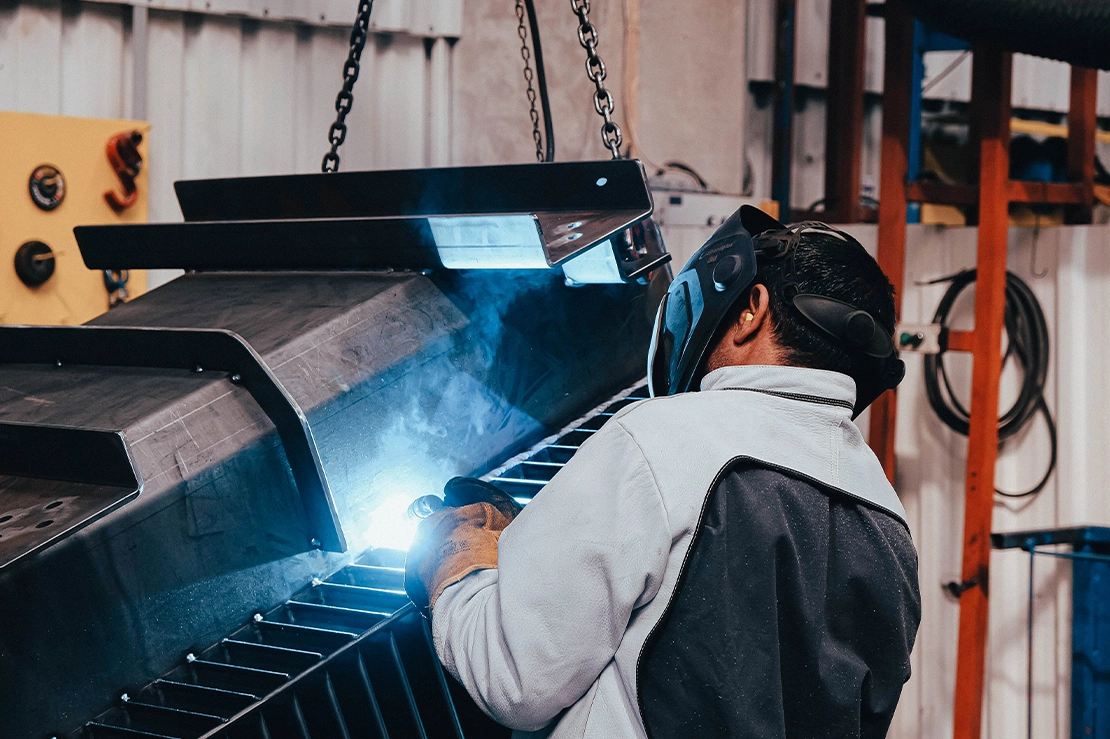Preventive vs. Reactive Maintenance of Welding Machines: Which is More Cost-Effective?

Welding machines are the most essential equipment in any manufacturing or fabrication department. Be it the production of automobiles, heavy machinery, or construction, welding equipment forms the core component of day-to-day operations. But, like every machine, they do wear out with time. That is where welding machine maintenance comes into play.
Most weld shops have a big question: Should you wait until something breaks (reactive maintenance) or fix things before they go wrong (preventive maintenance)? This blog discusses both methods so you can determine what is more cost-efficient for your weld shop’s maintenance schedule.
What Is Reactive Welding Machine Maintenance?
Reactive maintenance is the “run it until it fails” approach. In this kind of maintenance of welding equipment, nothing is done until the machine fails or begins to develop serious problems. When welding machines are not regularly maintained, breakdowns become unpredictable. It means unplanned stops in production, delayed shipments, and in some cases, loss of business. Moreover, emergency repairs can be costly as they often involve rush orders for parts, overtime work for technicians, and a temporary shutdown.
What Is Preventive Welding Machine Maintenance?
Preventive welding machine maintenance is a routine process by which machines are inspected, cleaned, calibrated, and in some cases, repaired periodically—before things go wrong. It’s similar to taking a periodic health check-up to detect any issues early.
This is systematic and planned welding machine maintenance. It does cost a little money at first, but it saves much more in the long term.
Which One Is More Cost-Effective?
Let’s get down to it.
Downtime Costs
In reactive maintenance, when the machine breaks down, production halts. In certain weld shops, the whole line goes out when one machine breaks down. The loss of productivity can cost the company thousands in a day. With preventive maintenance on welding machines, there is little chance of unscheduled downtime.
Repair vs. Replacement
Overlooking routine maintenance of regular welding equipment usually leads to great harm to internal components. Under these circumstances, the machine or costly parts may need replacement. Preventive care keeps components in better condition, making machines last longer.
Labour and Overtime
Emergency repairs necessitate a quick response. Technicians can be brought in after hours and paid overtime. Additional help is sometimes necessary to catch up following a delay. If weld shop maintenance is scheduled in advance, work schedules are not interrupted.
Safety
Welding machines in poor condition can be dangerous. Defective wires, overheating, and power surges can cause accidents. Preventive maintenance makes machines safe to use, minimizing workplace hazards.
Efficiency
Clean and calibrated equipment functions better. They weld better, minimize material waste, and need less operator effort. Proactive welding machine maintenance improves performance and quality.
When Is Reactive Maintenance Acceptable?
There are situations in which reactive maintenance can be appropriate. When a weld shop has spare machines or the equipment is utilized occasionally, sitting around until a breakdown could be viable. However, in high-production settings where schedules are tight, depending on reactive repairs is unsafe.
Conclusion
Between the two methods, welding machine preventive maintenance on machines is less expensive for most weld shops. It reduces downtime, increases machine lifespan, enhances safety, and keeps the production line running smoothly.
Welding equipment maintenance of the weld shop might sound like an extra chore, but it’s a long-term investment in savings. With regular checkups and maintenance, companies can prevent major breakdowns, reduce repair expenses, and keep their workers on the job without downtime.
Explore expert-driven solutions at www.upsfm.com and discover how our welding machine maintenance services can make all the difference.
Have any feedback or questions?
Contact us!




